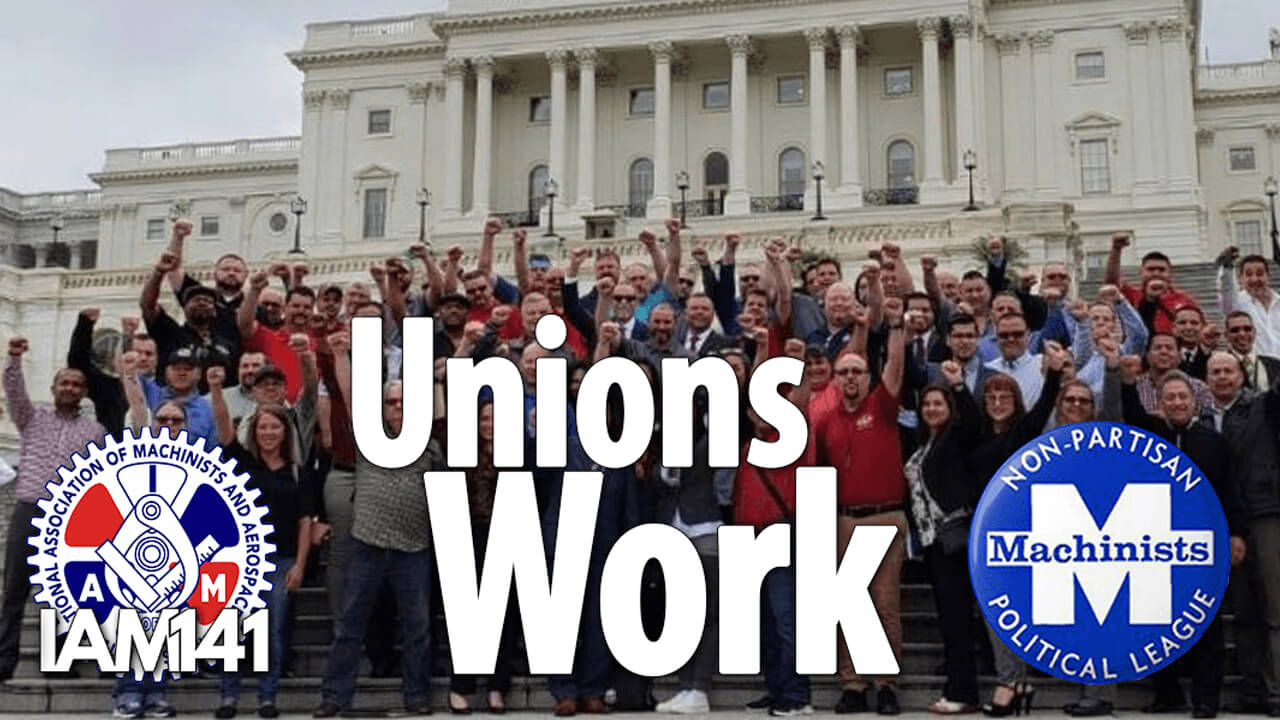
by Eric Price | Sep 28, 2018 | Airlines, American, Featured, Hawaiian, Home, MNPL, Philippine
UPDATE: The FAA Re-Authorization Bill of 2018 was approved by the Senate and signed into law by the president on October 5. The US House of Representatives approved the FAA Reauthorization Bill, which includes strong “Union Made” language. The bill is now...
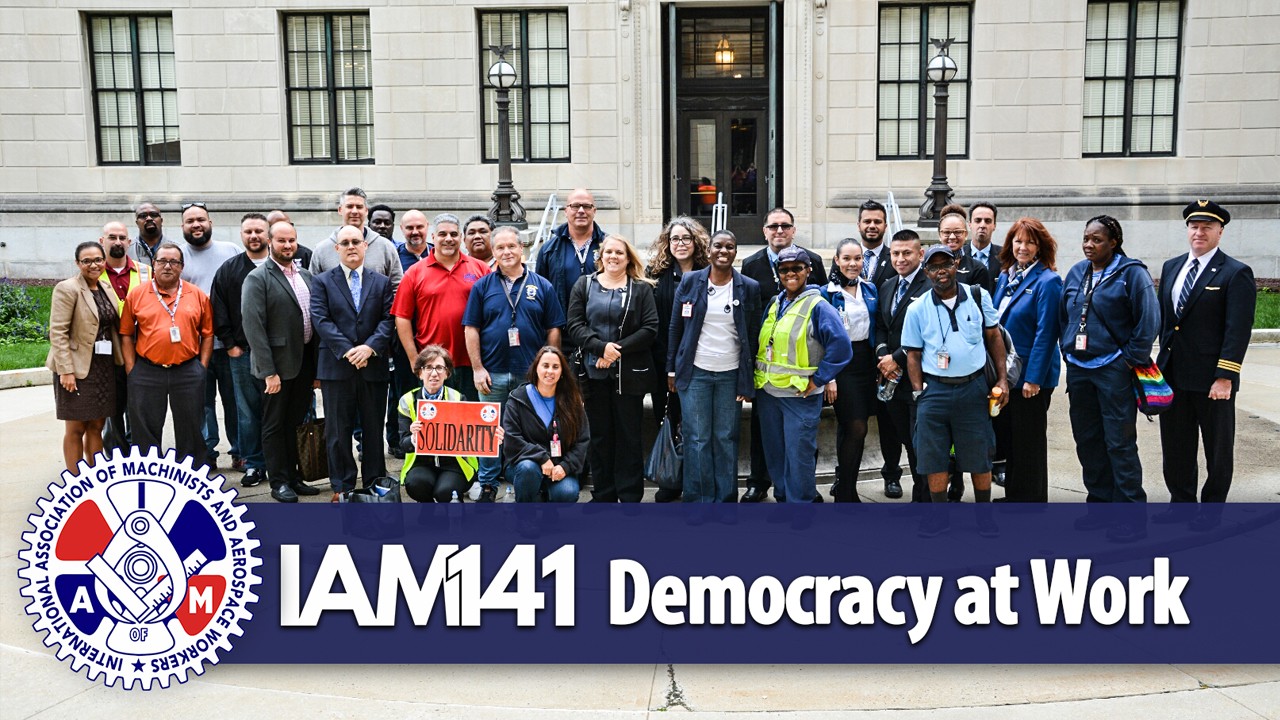
by Eric Price | Sep 26, 2018 | Departments, Featured, Home, MNPL
Machinists Union members in New Jersey are fighting to stop legislation that will make travel even more expensive for the millions of passengers that travel through Newark Liberty International Airport (EWR) each year. Sponsored by New Jersey Senate President Steve...
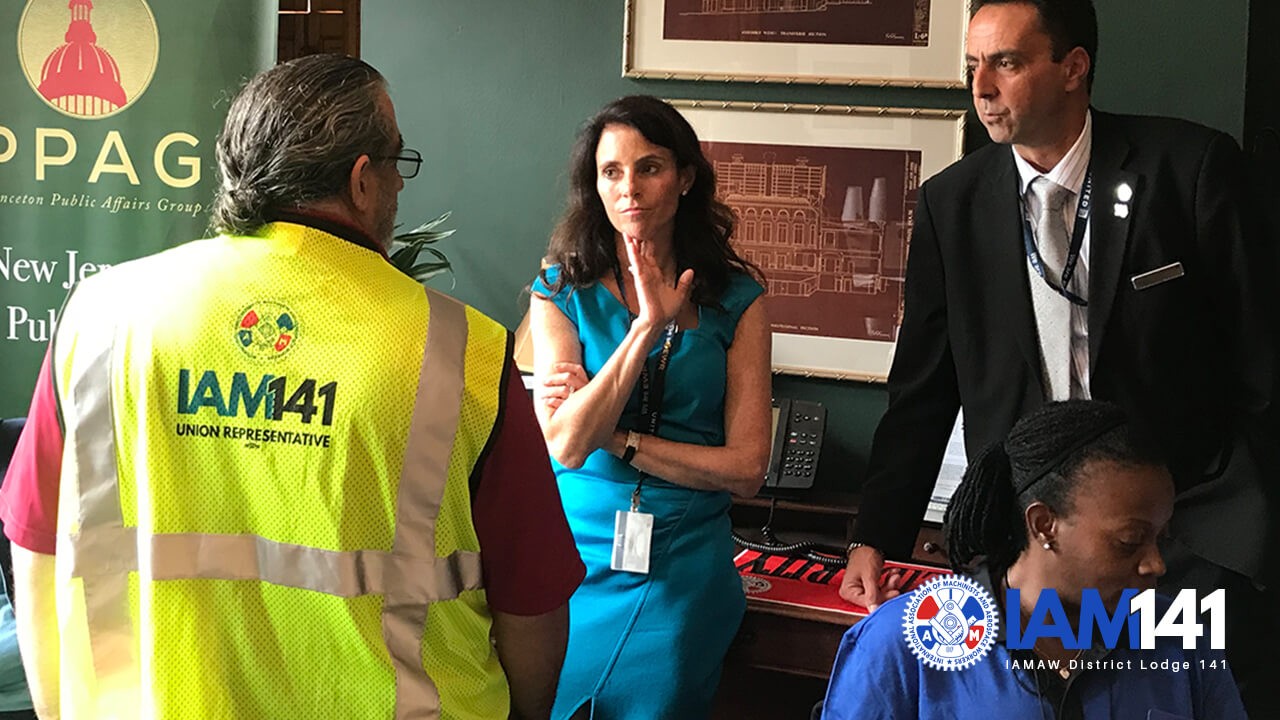
by Eric Price | Sep 14, 2018 | Airlines, Departments, Featured, Home, MNPL, United
New Jersey Machinists Fight Proposed $20 Million Tax Hike. Members of Local 914 based at Newark Liberty Airport (EWR) descended on New Jersey’s State House in Trenton to express their opposition to a proposed bill that targets their employer, United Airlines, for an...
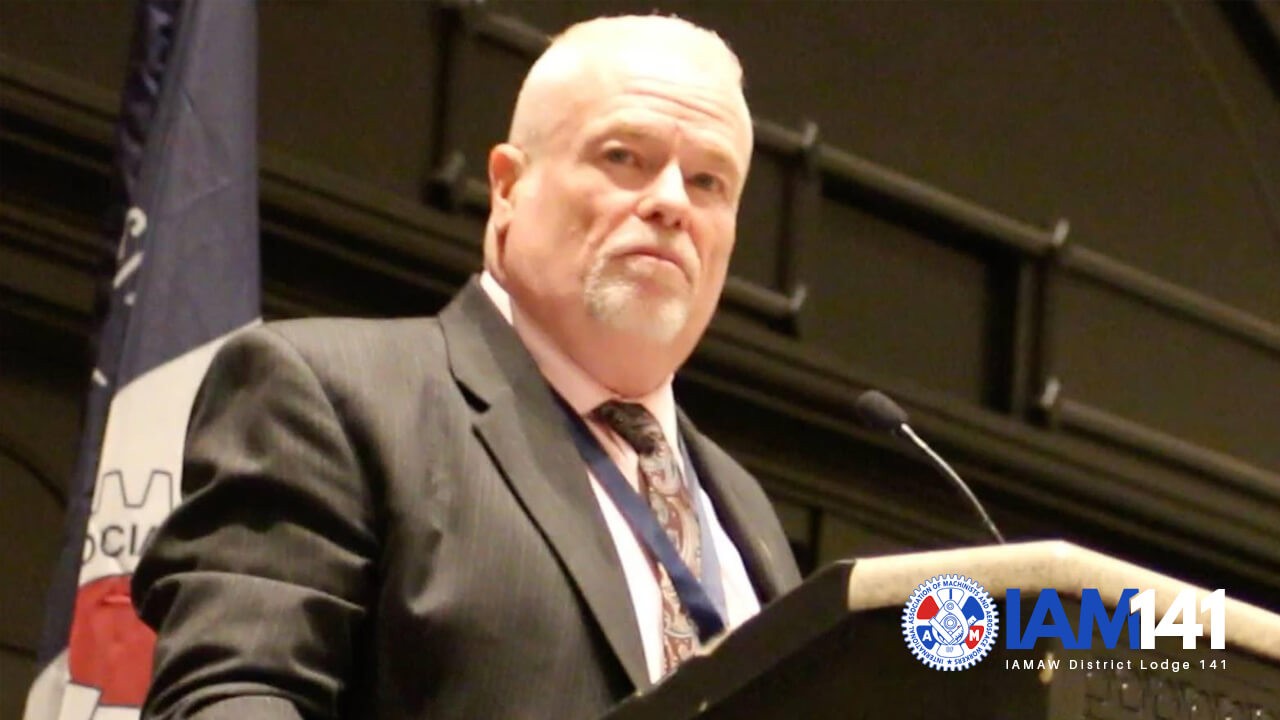
by Eric Price | Aug 29, 2018 | Departments, Featured, Home, MNPL
Chances are, Dave Roderick has met the next President of the United States. As he puts it, Dave has been “Woke” for a long time, since he was a teenager. And, in that time, he has pretty much seen everything and met everyone that has ever had a direct impact on the...
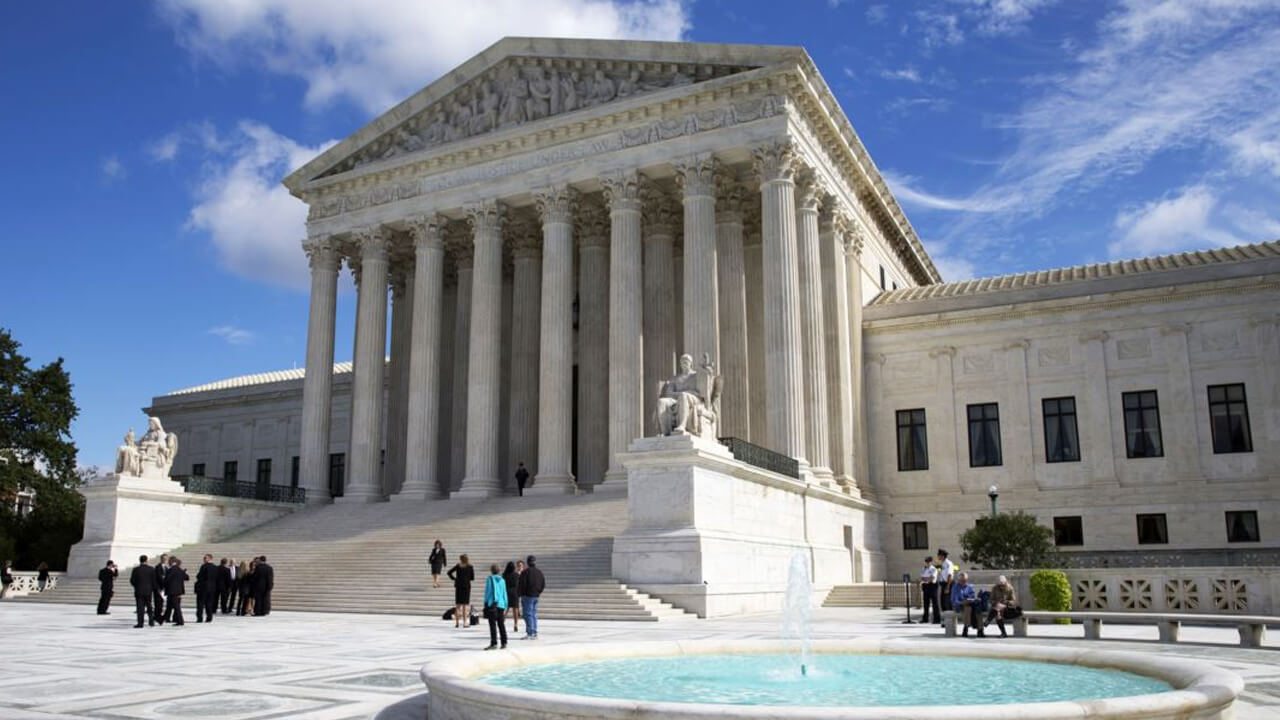
by Eric Price | Jul 11, 2018 | Departments, Featured, Home, MNPL
President Trump’s appointment of Judge Brett Kavanaugh to the Supreme Court, if confirmed by the Senate, could cement the court’s pro-business tilt for decades to come. This appointment has the potential to affect every one of us in a labor union. Labor unions have...

by Eric Price | Jul 2, 2018 | Departments, Home, MNPL
June 27, 2018 the Supreme Court ruled on Janus v. AFSCME (American Federation of State, Country and Municipal Employees) case. This is the case which was brought to the Supreme Court to decide if it is unconstitutional for public-sector employees to have to pay union...







